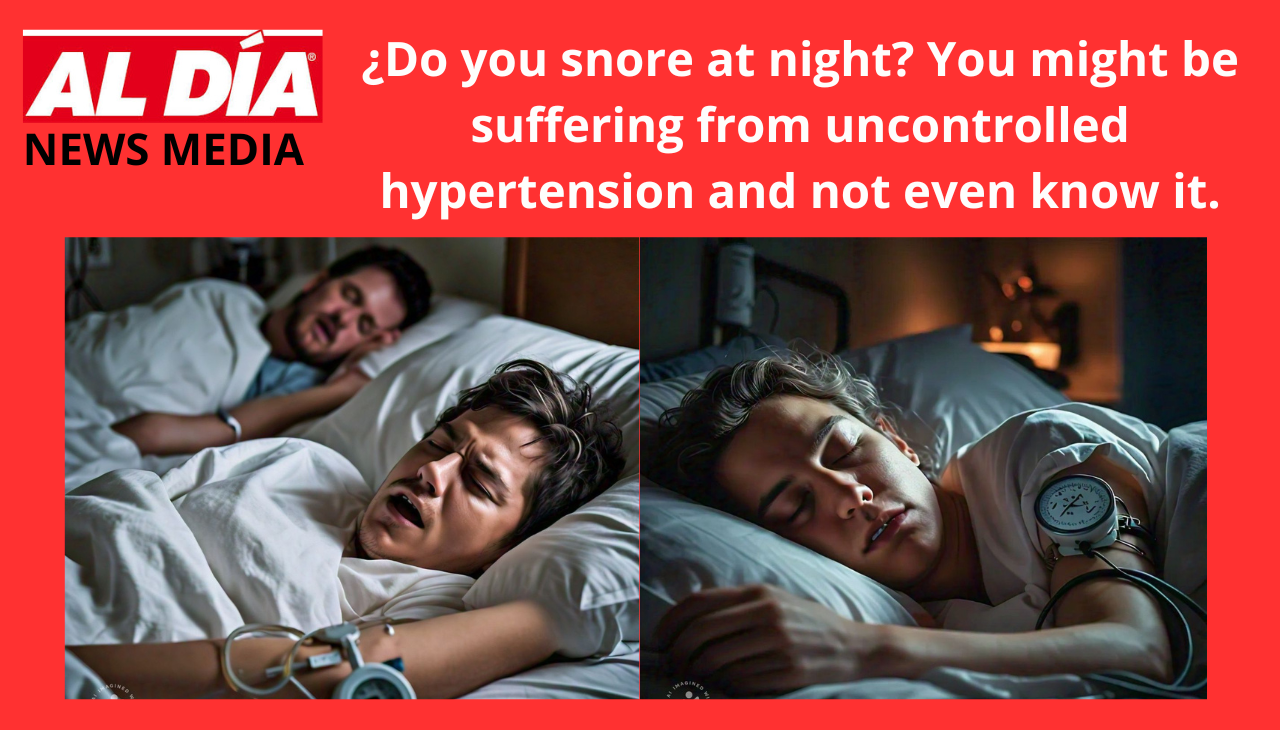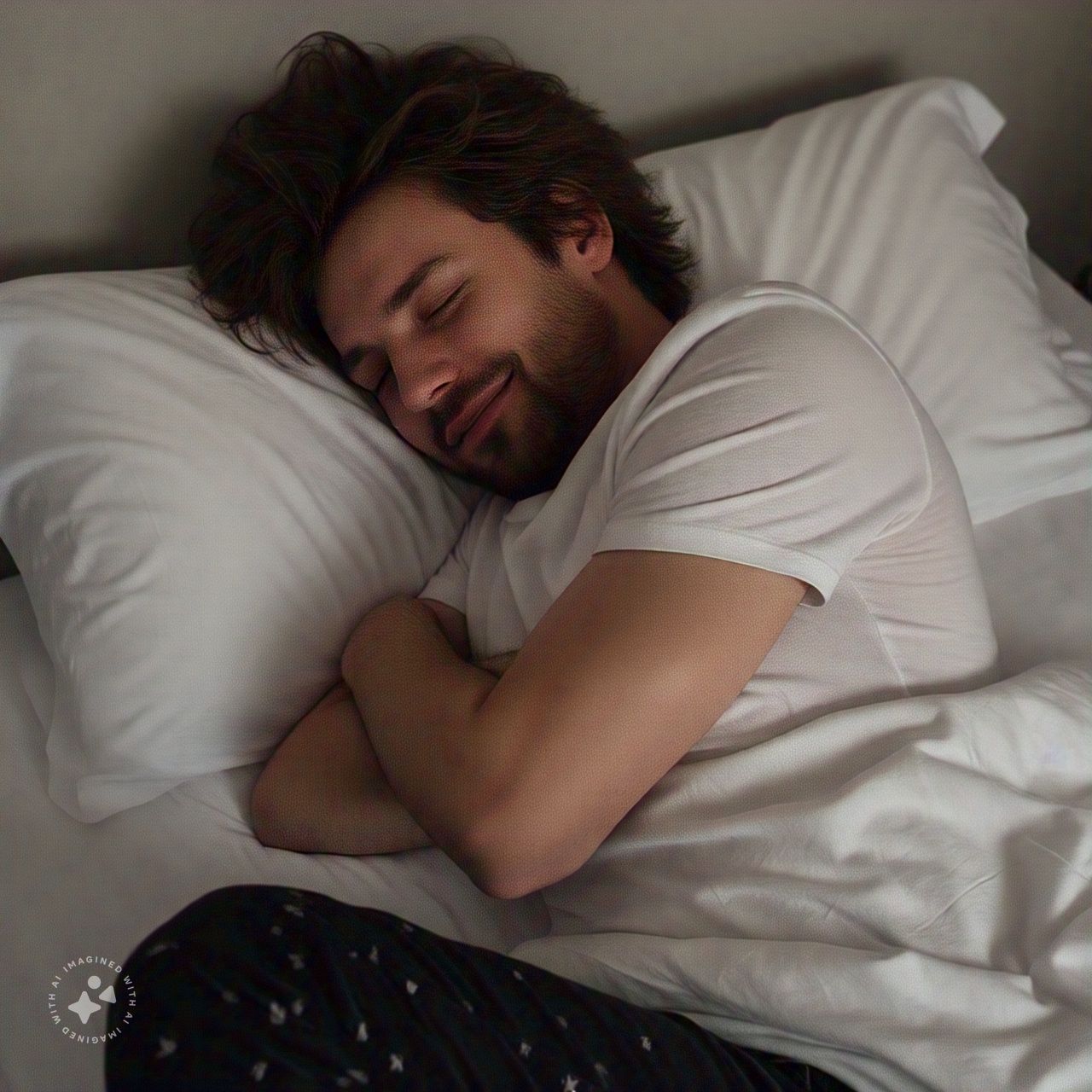
Nighttime Snoring and Its Relationship with Uncontrolled Hypertension
Snoring can be an indicator of sleep apnea, a condition that interrupts breathing during sleep and is associated with hypertension.
Written by: Alejandra Legarda - Journalist
Snoring, often considered a mere nighttime nuisance, has been linked to much more serious health issues, particularly uncontrolled hypertension. Various recent studies have delved deeper into this relationship, revealing that snoring can be an indicator of sleep apnea, a condition that interrupts breathing during sleep and is strongly associated with hypertension.
A significant study conducted by Flinders University, using home monitoring technology, discovered that habitual snorers have a significantly higher risk of suffering from uncontrolled hypertension. This study, which monitored over 12,000 participants for several months, found that those who spent a higher percentage of their sleep time snoring were nearly twice as likely to suffer from hypertension, regardless of other factors such as sleep apnea. These findings suggest that snoring, on its own, could be an independent risk factor for hypertension and therefore deserves greater attention in clinical practice.
RELATED CONTENT
Another detailed analysis of the impact of snoring on cardiovascular health reinforces this connection. The study emphasizes that frequent snoring not only increases the risk of hypertension but is also associated with a higher risk of cardiovascular diseases such as heart attacks and strokes. Sleep apnea, often characterized by intense snoring, causes fluctuations in blood oxygen levels, which can trigger an increase in blood pressure and damage blood vessels over time.
Despite these risks, snoring and sleep apnea often go undiagnosed, leaving many people at risk of developing serious complications without realizing it. Health experts recommend that anyone experiencing loud and persistent snoring, especially if accompanied by daytime sleepiness or pauses in breathing during sleep, should consult a doctor. Early treatment, which may include the use of Continuous Positive Airway Pressure (CPAP) devices or lifestyle changes, can significantly reduce the associated risks.
In summary, nighttime snoring should not be taken lightly, as it can be a warning sign of uncontrolled hypertension and other serious health problems. Timely identification and treatment are key to preventing long-term complications.











LEAVE A COMMENT:
Join the discussion! Leave a comment.